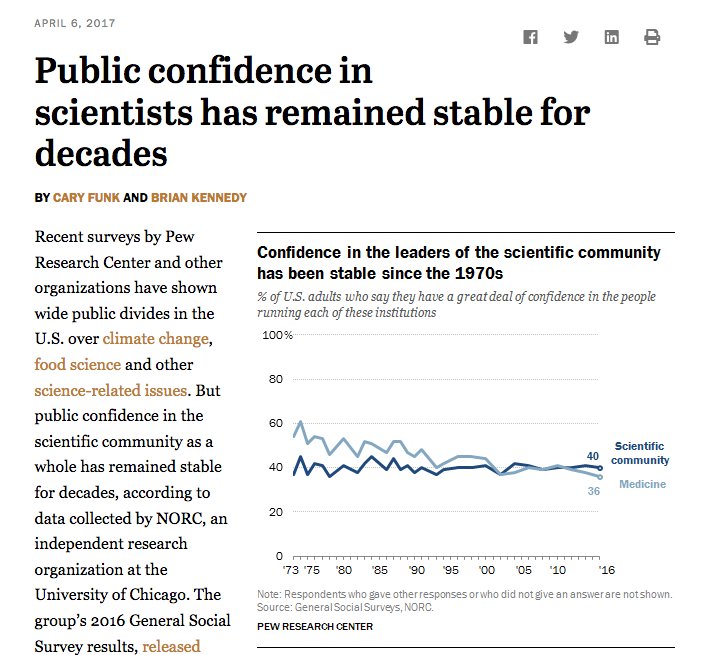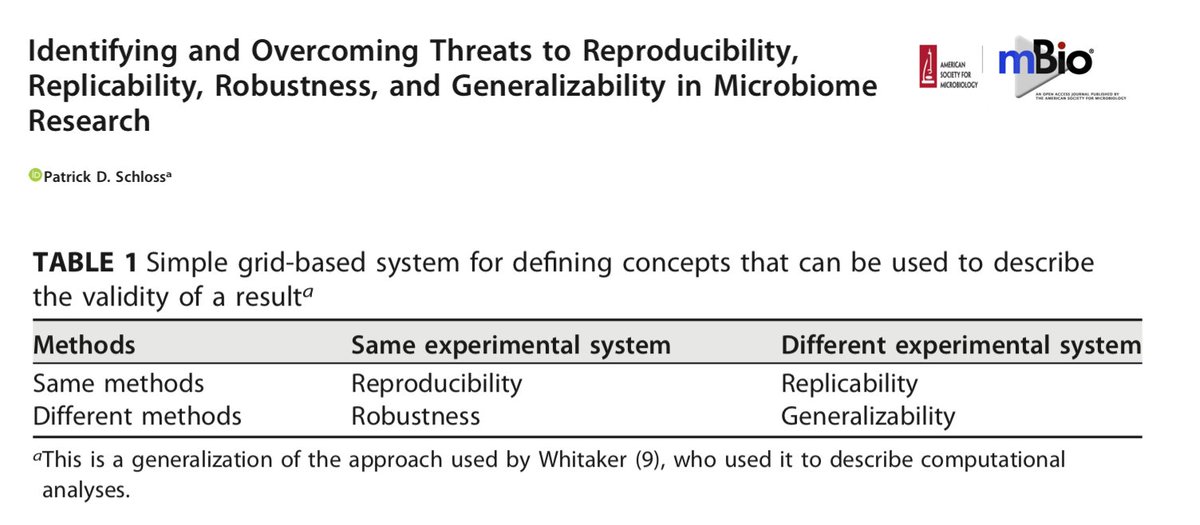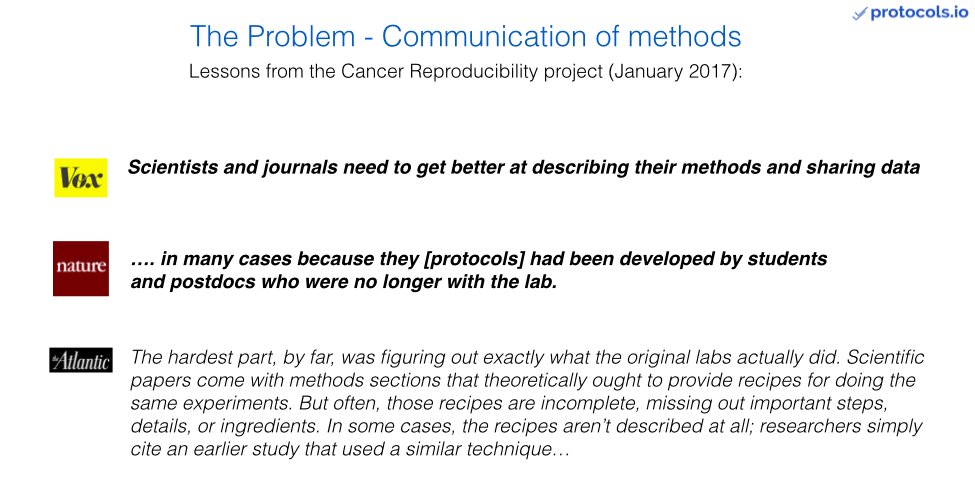
How to get URL link on X (Twitter) App


 Compare the disclaimers on the paper and preprint. Look at the way the paper's senior author is emphasizing "peer reviewed". 2/
Compare the disclaimers on the paper and preprint. Look at the way the paper's senior author is emphasizing "peer reviewed". 2/ 

https://twitter.com/lteytelman/status/12153804055970652162/


 Also: journals.sagepub.com/doi/abs/10.117…
Also: journals.sagepub.com/doi/abs/10.117… 
